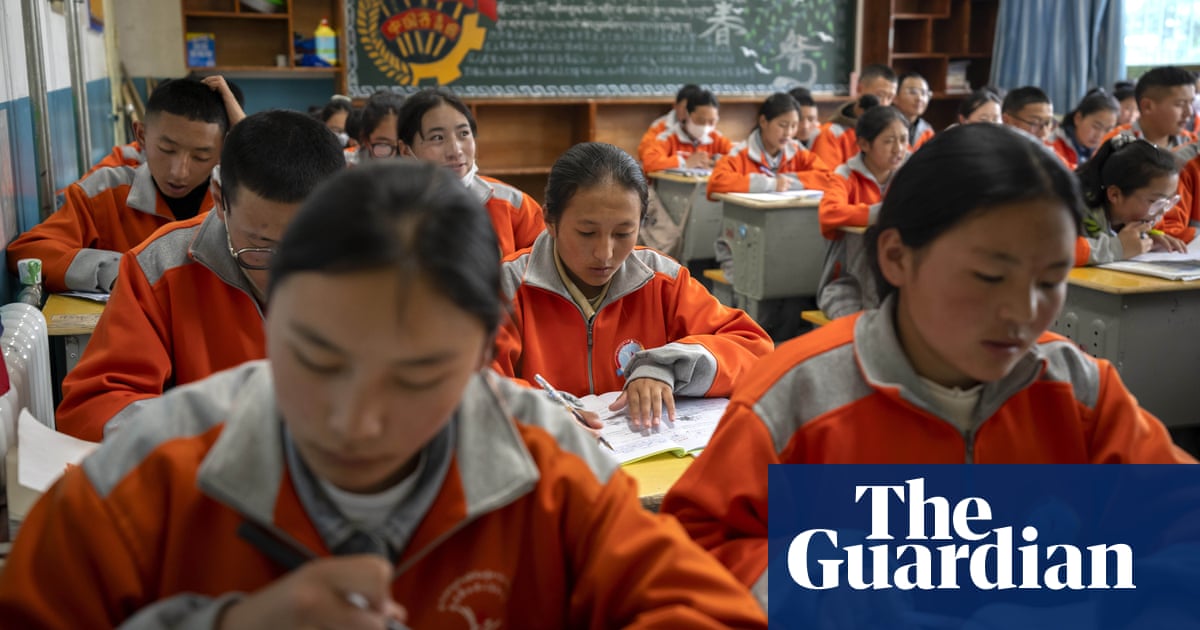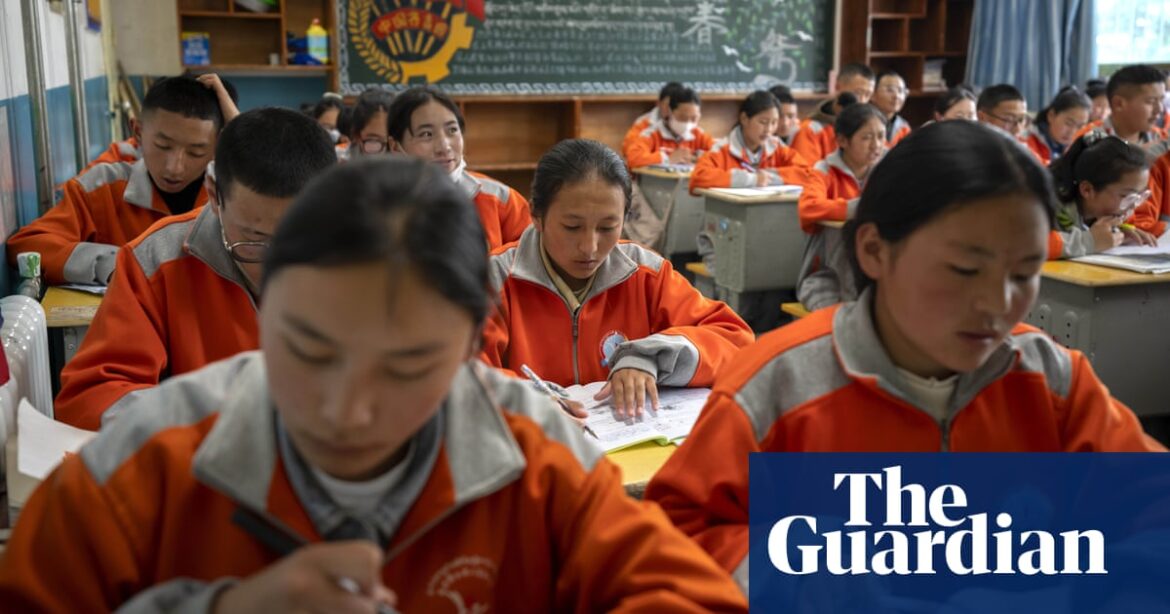
Thermo Fisher, a biotechnology company based in the US, has recently stopped selling their DNA identification kits in Tibet. This decision comes almost five years after the company made a similar pledge to cease sales in Xinjiang, a neighboring region in western China.
The company made the decision to cease sales in Tibet due to ongoing complaints from human rights organizations and investors about the potential for their technology to be used in violation of human rights. Although the decision was actually made in the middle of 2023, it was not disclosed to investors until the end of last month.
Experts and individuals who have been forced to leave their home country due to political or social persecution have expressed that there is a widespread presence of monitoring in Tibet, which is known to be one of the most heavily regulated regions in China. Non-citizens are not allowed to visit freely and many exiled Tibetans have restricted communication with their family members in the region, making it difficult for any information to be shared with the rest of the world.
Similar situations have been compared to those in Xinjiang, where organizations advocating for human rights have claimed that the government is creating a DNA database specifically for Uyghur Muslims. However, the government has refuted these allegations.
The Chinese government is concerned about separatist movements in both regions. The main ethnic groups in these regions have distinct cultures and religions, which are viewed with suspicion by the Chinese Communist Party due to their differences from the majority Han Chinese.
The Intercept revealed in 2022 that Tibetan authorities entered into an agreement to buy DNA profiling kits from Thermo Fisher, totaling over $160,000. Human Rights Watch also reported on the widespread collection of DNA in Tibet, including from children as young as five. According to Citizen Lab at the University of Toronto, it is estimated that up to one-third of Tibet’s population submitted DNA samples to the police between 2016 and 2022.
In 2019, Thermo Fisher announced its decision to discontinue the sale of DNA kits in Xinjiang due to ethical reasons. Recently, the Guardian brought to light that an academic study from 2019, which assessed Thermo Fisher’s genetic sequencing technology on minority groups in Xinjiang, was retracted. This was due to concerns that the DNA samples used were not obtained with proper consent. The study was conducted by university researchers, not Thermo Fisher’s own scientists.
Activists from the organization Free Tibet, based in London, have expressed concerns about the use of DNA sampling in Tibet. They believe that the constant monitoring of Tibetans should be closely examined, as the use of these kits could potentially give the Chinese government greater surveillance capabilities over the local population.
In response to Thermo Fisher’s announcement on Thursday, the Chinese state media tabloid, Global Times, stated that the accusation of the Chinese government collecting DNA data in Tibet for surveillance is baseless. The collection of DNA data in China has been a successful method used by law enforcement to locate missing children and combat human trafficking.
Thermo Fisher stated that their sales in Tibet are typical for a forensic investigation of this scale, and that their human identification technology is utilized for crucial forensic purposes, such as apprehending criminals, preventing human trafficking, and exonerating the wrongly accused. No further explanation was given for the decision to cease sales to Tibet.
Investment communications director for Azzad Asset Management, Joshua Brockwell, stated that as conscientious investors, Azzad is satisfied that their requests to Thermo Fisher to take a stand against biometric repression, which is used as a means of Chinese authoritarian surveillance, have been listened to.
Yves Moreau, an engineering professor from the University of Leuven in Belgium, specializes in DNA analysis. He expressed that the suppression of Tibetans and regulation of the Tibetan plateau heavily depends on advanced technology and a digital authoritarian system. Moreau also stated that DNA databases play a significant role in this system of extensive surveillance. By providing its products to Tibetan public security, Thermo Fisher was contributing to these violations.
Thermo Fisher’s operations in China have been closely examined due to the fact that the company’s CEO, Marc Casper, also serves as the chair of the US-China Business Council. In November, Casper organized a dinner at $40,000 per table to greet China’s president, Xi Jinping, during his visit to San Francisco. During the dinner, Casper highlighted Thermo Fisher’s role in China’s modernization and noted that the majority of the company’s employees are located in the US and China.
According to John Jones, the head of campaigns at Free Tibet, Casper’s position on the council eliminates any possibility of the company claiming ignorance, especially since they pulled out of the Uyghur region in 2019.
In the year 2022, the company earned a total of $3.8 billion in revenue from China, which is an increase from $3.4 billion in the previous year. China remains Thermo Fisher’s largest market after the US.
Source: theguardian.com



